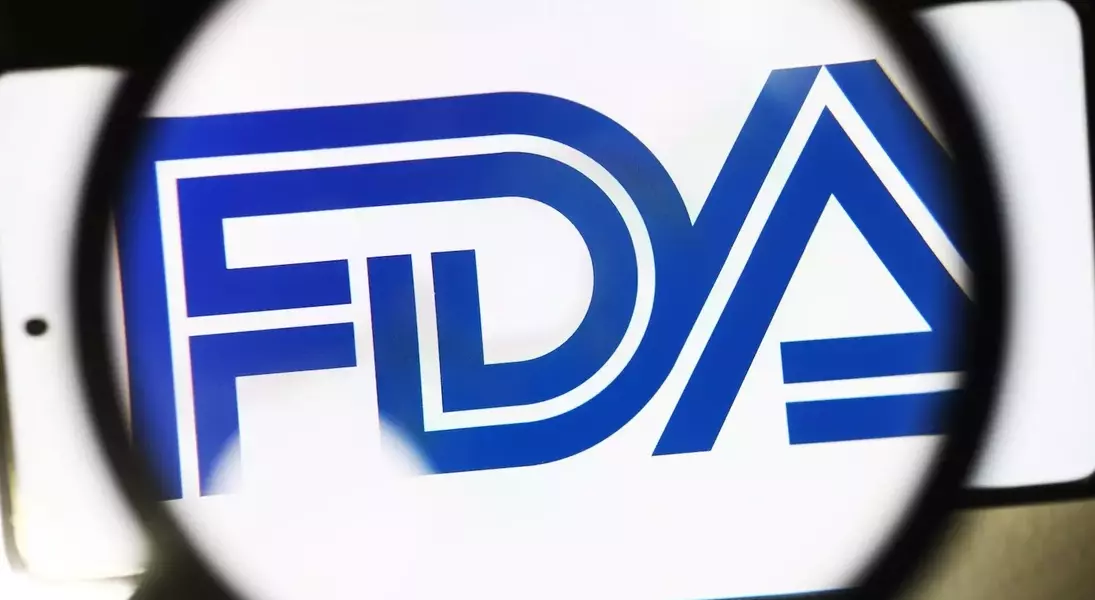
The Department of Government Efficiency (DOGE) has been systematically reducing federal employees, particularly those involved in overseeing Elon Musk’s ventures. A recent Reuters report highlights that several staff members from the US Food and Drug Administration (FDA), responsible for reviewing applications related to Neuralink, have received termination notices. This reduction in workforce is part of a broader initiative by DOGE to streamline the federal government, but it raises concerns about the potential impact on regulatory oversight and approval processes for innovative technologies.
Impact on FDA's Review Capabilities
The downsizing at the FDA's office of neurological and physical medicine devices has significantly affected the team handling reviews for Musk’s brain-computer interface company, Neuralink. With fewer personnel, the already complex process of evaluating clinical trial applications may face delays or shortcuts. This could either slow down approvals or lead to less stringent scrutiny, both scenarios having profound implications for public safety and innovation timelines.
Neuralink aims to expedite its development and deployment of brain-computer interfaces. However, with fewer reviewers available, the meticulous examination required for such cutting-edge technology might be compromised. The reduced workforce could result in prolonged waiting periods for approvals, potentially stalling crucial advancements. Alternatively, if corners are cut to speed up the process, it could undermine the thoroughness needed to ensure safety and efficacy, raising ethical and practical concerns.
Broad Implications Across Multiple Agencies
Beyond the FDA, the reductions initiated by DOGE extend to numerous federal agencies involved in regulating Musk’s companies. According to the New York Times, at least 11 agencies with ongoing actions related to Musk’s firms are experiencing staff cuts. These actions encompass investigations, complaints, and enforcement activities, all of which could be adversely affected by the loss of key personnel. The cumulative effect may lead to significant slowdowns or even the cessation of critical oversight functions.
Neuralink, in particular, appears to benefit from these reductions. An example is the USDA Inspector General's removal after refusing her termination, which was linked to an investigation into Neuralink’s animal welfare practices. Similarly, the FDA’s previous findings regarding objectionable conditions in Neuralink’s animal labs highlight ongoing concerns. Despite these issues, Neuralink managed to secure a “breakthrough device” designation from the FDA in 2024, accelerating its review process. This scenario underscores the potential consequences of diminished regulatory capacity, where fewer watchdogs might inadvertently facilitate faster but less rigorous evaluations.
